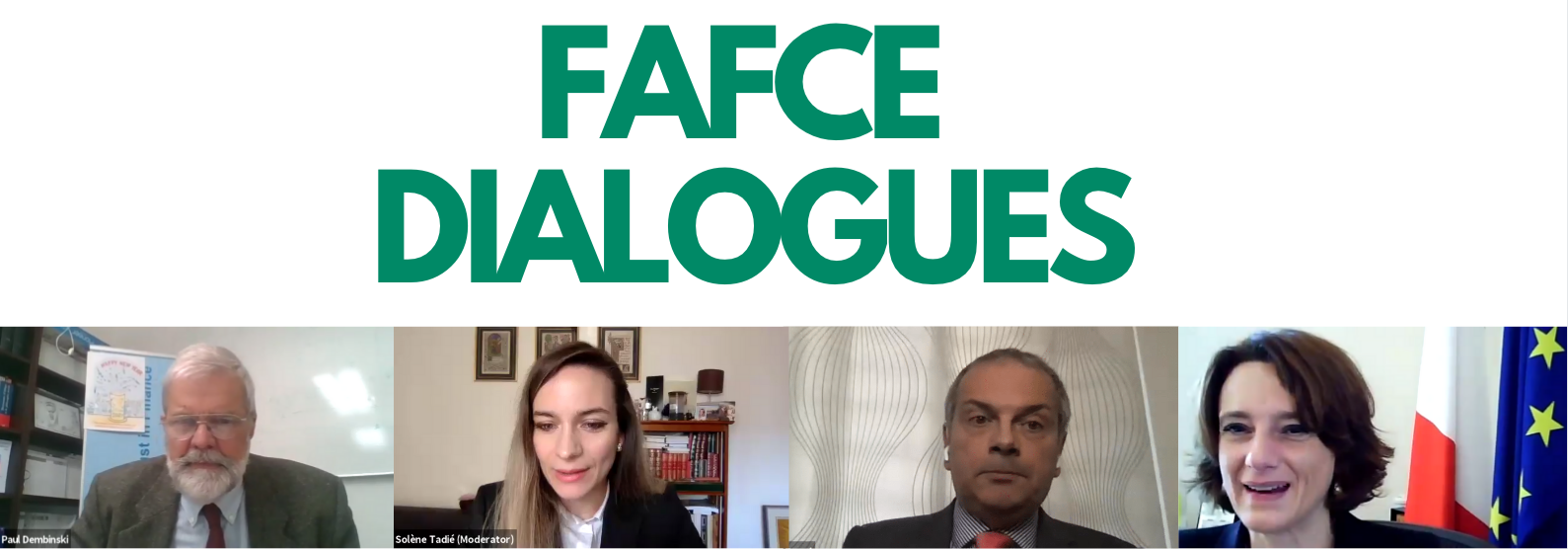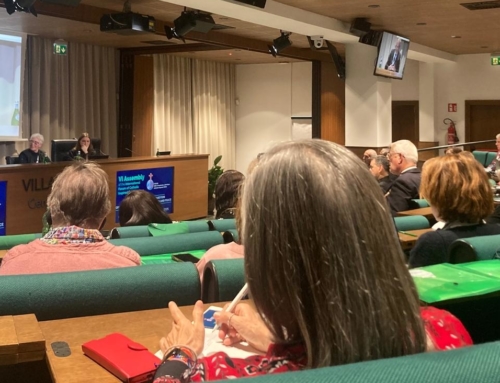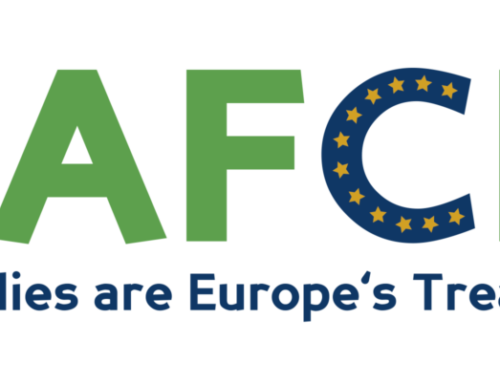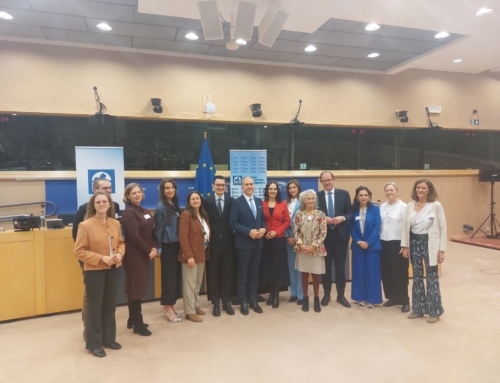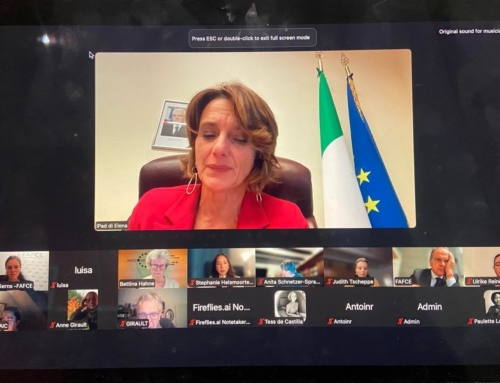“These FAFCE Webinars aim to raise awareness on demographic and family issues”. Those were the words of FAFCE President, Vincenzo Bassi, at the opening of FAFCE Webinar with the Italian Minister for Family and Equal Opportunities, Ms Elena Bonetti. FAFCE President recalled the need to include demographic policies in the EU Recovery plan because “without economic policies which address demographic challenges there is no sustainable society”.
Ms Bonetti added that “We need to invest in younger couples and families”. The first important act Italy approved after the first wage of the pandemic was the Family Act, which will “support families and make them crossroad of a new social pack by improving school education at all levels, help women to be mothers and workers at the same time (…) and provide family allowance”, Ms Bonetti stated. A shift of perspective is needed, she added, as the “Community and education that families provide does not makes then only a subject that needs to be supported, but also activated and promoted as actors of the future”.
Paul Dembinski, Director of Observatoire de la Finance (Geneva), stressed the importance of the family during the pandemic: “We are so used to the existence of the family as a backbone of society that we forget about them – pandemic showed the importance of family as economic fabric of our society”. The best illustration of this importance was verbalised by Ms Bonetti while explaining how Italy combat COVID-19 pandemic: “The Italy managed to be stable because families were stable”.
The vivid exchange that followed, moderated by Solène Tadié, was also possible thanks to the numerous questions from the audience, highlighting existing concerns for the family in the post-pandemic recovery. This event was the part of a series of “FAFCE Dialogues” with high-level European policy-makers on the “EU recovery plan and family policies: investing in the future of Europe”.
Watch the Webinar:

